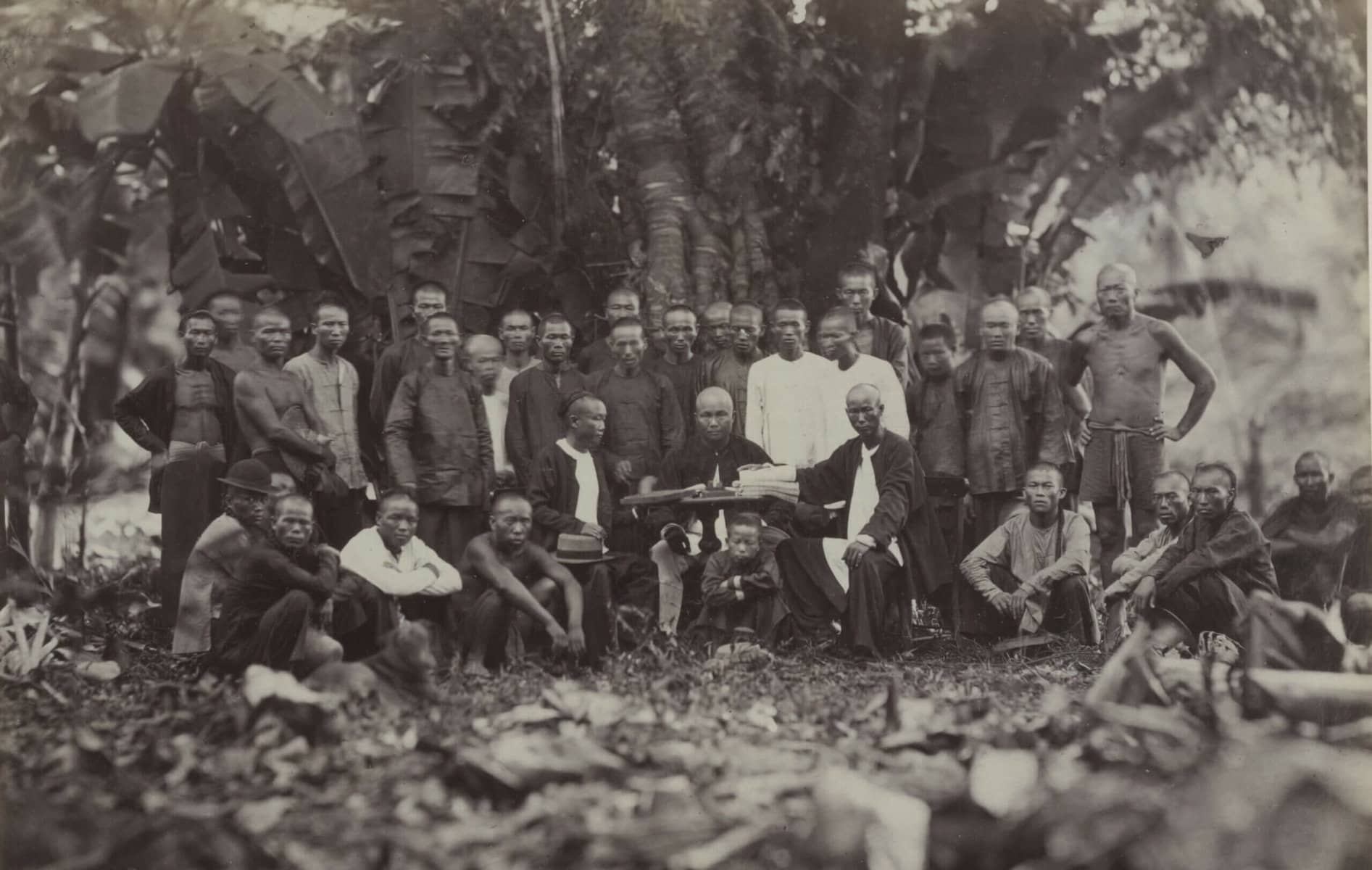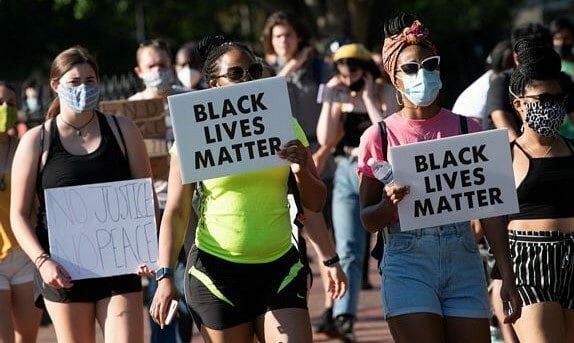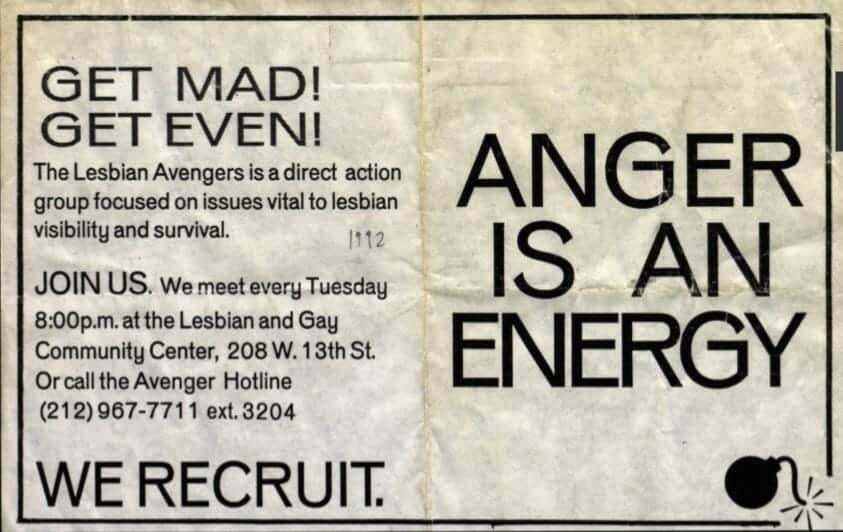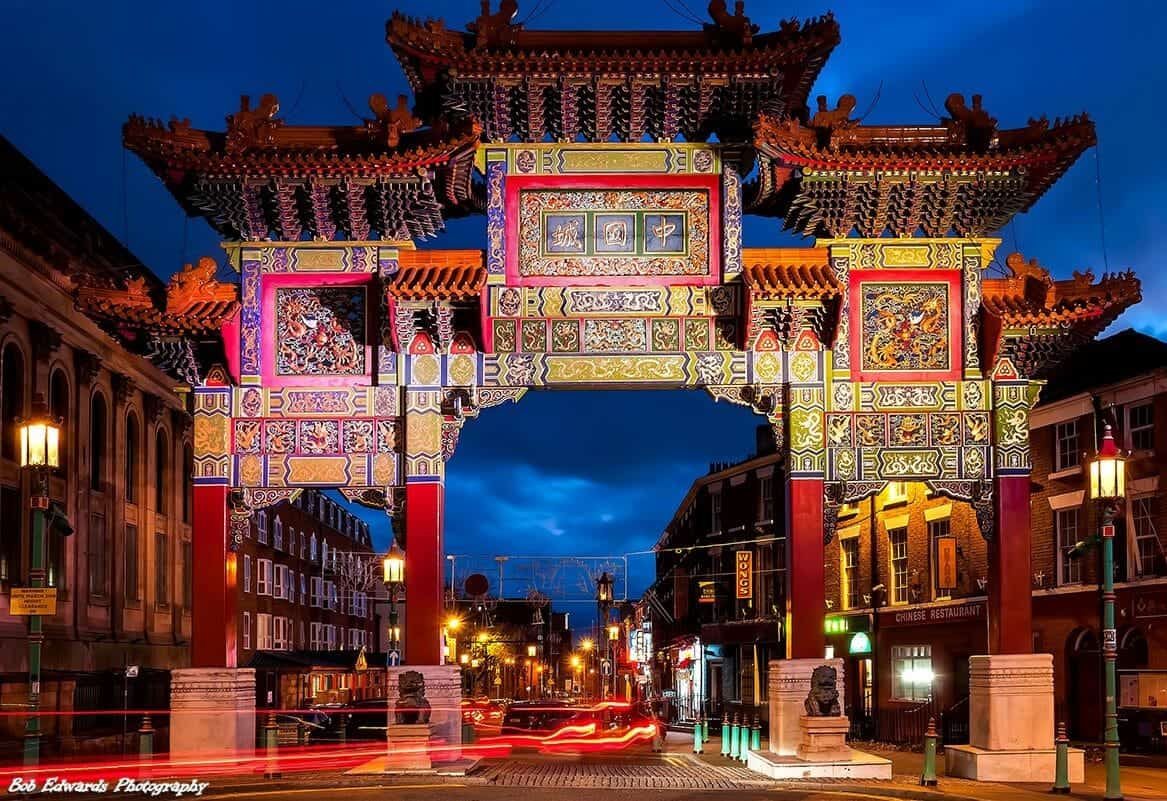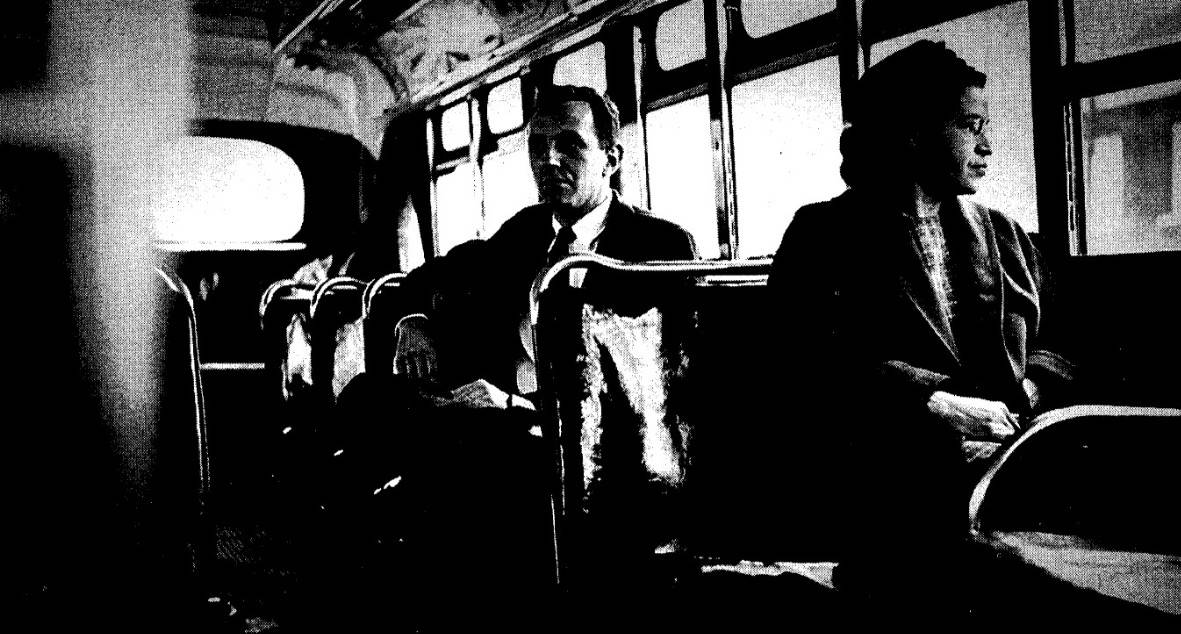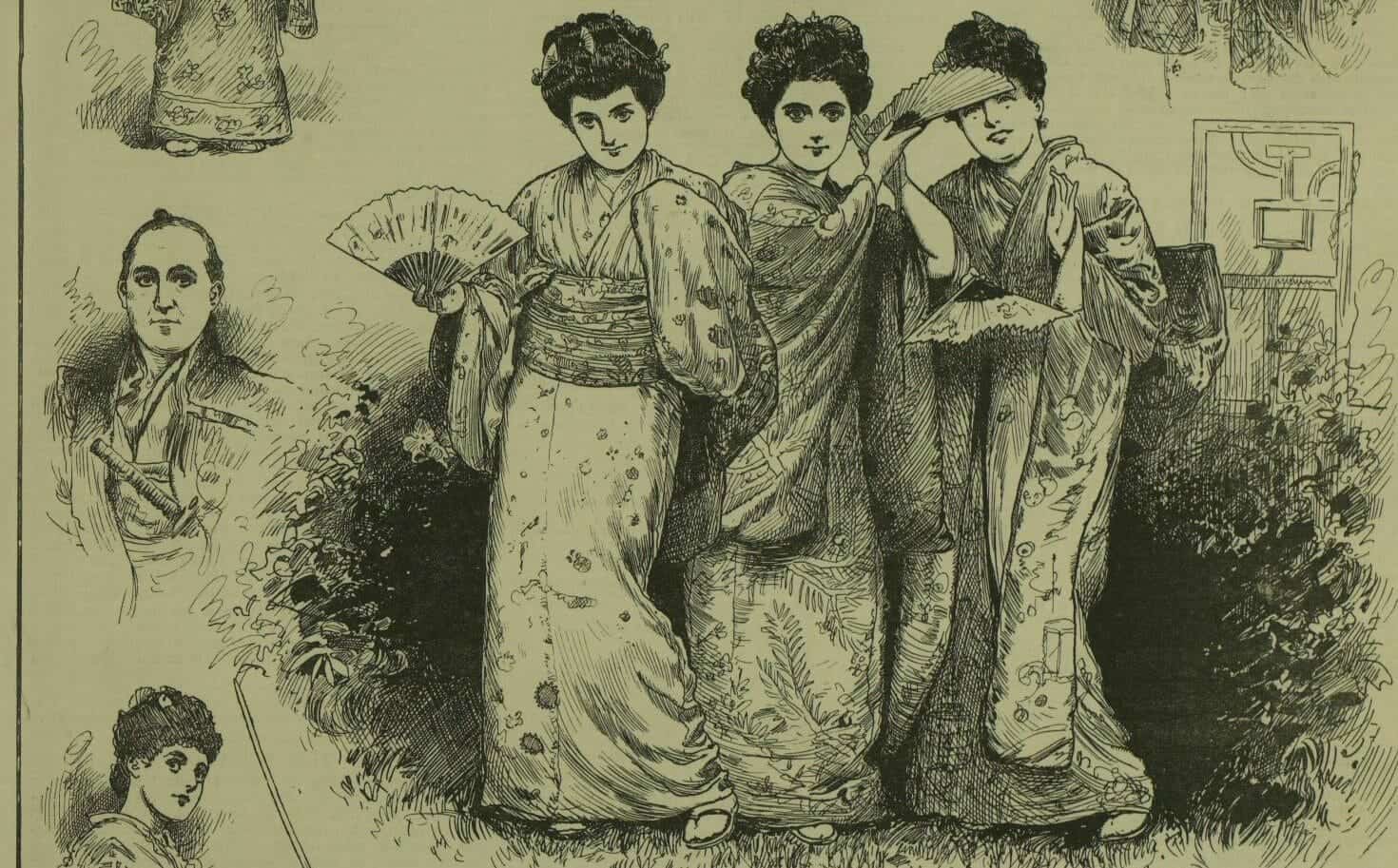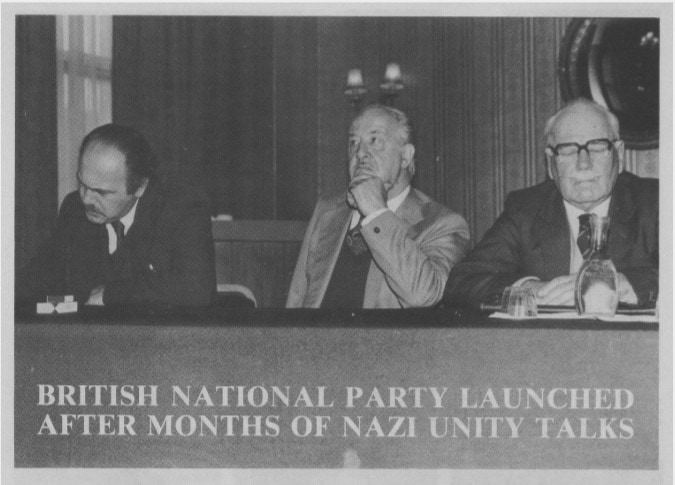│By Nonkoliso Andiswa Tshiki, Senior Gale Ambassador at the University of Johannesburg│
Tackling a research assignment can prove to be extremely challenging to many student scholars at first. However, there are a few strategies that I have up my sleeves on how one can approach a research project. Firstly, it’s important to break the question down to ensure that you understand what you are being asked to do and what is required of you. Secondly, it is paramount to find a database that will provide you with materials relevant and valuable to your project. In this post I will demonstrate how I used primary sources in Gale’s Women’s Studies Archive in a recent research assignment at my university to explore how courts investigated and punished interracial sex in South Africa under the apartheid regime. This will hopefully help other scholars who are interested in the history of South African politics see how they too can use Gale’s primary sources in their own research projects.


